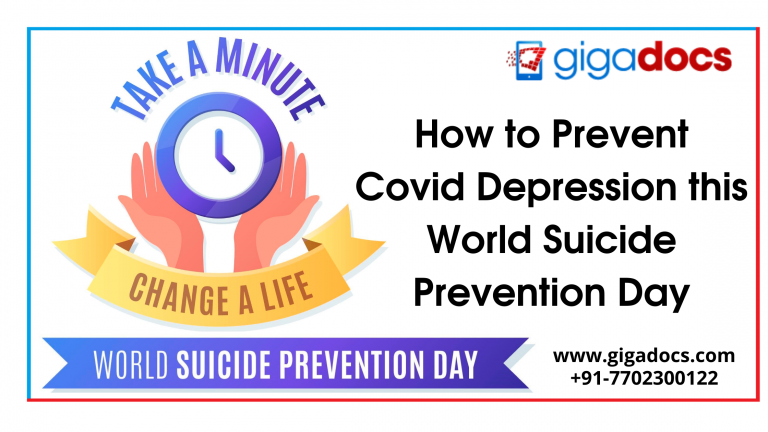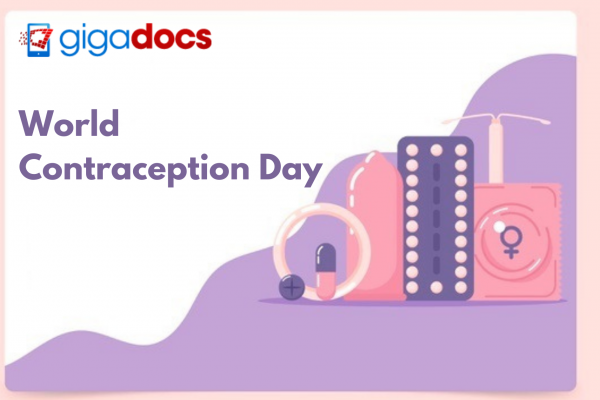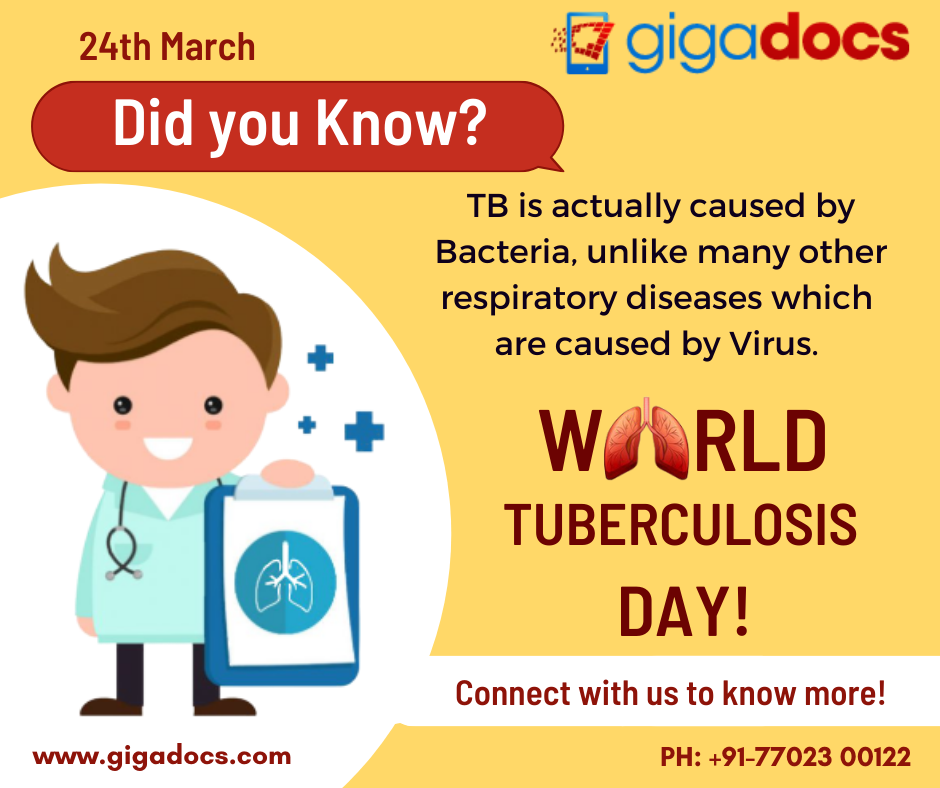A healthy mind resides in a healthy body
COVID-19 is posing a new threat to mental health around the world. Individual and societal health, besides socio-emotional competence, are all threatened by the COVID-19 pandemic.
Mental Health Effects of the COVID-19 Pandemic
COVID-19 has had a significant impact on mental health around the world, triggering anxiety, stress, and panic. As the coronavirus pandemic continues, it’s more crucial than ever for people to assess their mental health and recognize whether they are anxious, unhappy, or depressed. Those who already have poor mental health face several dangers accelerated by the pandemic, including mental illness especially with delays to treatment, medications, and support systems. Studies point out COVID-19 has increased pre-existing mental health symptoms or induce relapse in people who suffer from mental diseases.
Economic loss, work and school closures, insufficient resources for medical treatment, and uneven distribution of essentials can all have an impact on the health, safety, and well-being of both individuals, triggering uncertainty, anxiety, psychological isolation, and prejudice. Depression, anxiety, and stress are the first words that come to our minds when we talk of mental health. The table below explains with numbers how serious is the concern worldwide-
| How severe are depression and suicide? Depression is the biggest cause of disability worldwide, affecting more than 250 million people. Mental illnesses account for 25% of all years spent incapacitated in the world. Half of all mental illness symptoms start before the child enters their teens. Suicide is the second most significant cause of death among young people aged 15 to 29 years old. Someone commits suicide every 40 seconds. A mentally challenged person’s average life expectancy is 10-20 years shorter. More than one in every five living in conflict-affected areas has a mental illness. Depression and anxiety cost the world’s economy more than $1 trillion annually. |
Emotional Outcomes of the COVID-19 Pandemic
In the context of COVID-19, psychosocial factors that proved to be stress triggers involve infected family members, loss of loved ones, physical distance, job losses. Stress, despair, insomnia, fear, perplexity, rage, frustration, boredom, and stigma were the common emotional responses linked with quarantine. Some of these symptoms continue even after the quarantine is lifted. Let’s discuss the impact of Covid induced depression and anxiety among the elderly, children, and women.
Covid Depression Impact on the Elderly
Due to the prolonged periods of social separation and the resulting isolation and loneliness, the elderly remain at significant risk of mental illness, particularly those with dementia. Older populations, which may be among the last to be relieved from lockdown, may further see a deterioration of cognitive abilities. Lower mental stimulation reduced physical activity, and social isolation all may increase the likelihood of mental health decline, which for some may imply an inability to understand and follow their pre-pandemic daily schedules.
Children and Mental Health
Closures of childcare facilities and schools have had a deterring impact on children’s socializing and learning, all of which negatively impact their mental health. According to a study involving Indian parents in the Tier 1 cities, 86% of parents saw changes in their children’s emotional state and conduct when they were confined at home. Over 75% of kids had trouble concentrating, 39% were irritable, restless, and worried, and 31% were lonely.
Furthermore, stress and quarantine are likely to impact the brain’s health and development, which places these young children at risk of experiencing lifelong damages due to extended exposure to social isolation and a lack of interaction with same age groups.
Covid Depression Impact on Women
In many cases, women are reporting higher levels of anxiety and despair than men. During the COVID-19 outbreak, several polls on the stress levels in the Indian population found that 66 percent of women were stressed, compared to 34 percent of men. Increased tension and lockdown relate to an upsurge in violence against women. Domestic violence, which has been on the rise, has been linked to mental health issues in women, such as depression, anxiety, and post-traumatic stress disorder (PTSD).
| World Suicide Prevention Day (WSPD) : Suicide accounts for one out of every 100 fatalities worldwide. It can impact each and every one of us. Every suicide is heartbreaking and has a lasting impact on those who are left behind. We can, however, reduce suicides around the nation by raising awareness, lowering the stigma associated with suicide, and supporting engagement initiatives. The International Association for Suicide Prevention (IASP) organizes World Suicide Prevention Day (WSPD), which is observed yearly on September 10th and approved by the World Health Organization (WHO). The event symbolizes a worldwide commitment to raise awareness about suicide prevention. World Suicide Prevention Day highlights suicide awareness and support action that seeks to lower the number of suicides and suicide attempts worldwide. “Creating hope through action,” the theme for WSPD 2021, underlines the need for collaboration to address this serious public health concern. |
Caring for Mental Health
We at Gigadocs believe that it is more important than ever to invest in mental health and prioritize physical health. It’s critical to look after oneself to get the most out of life. Talking about your feelings might help you maintain excellent mental health and cope with difficult situations. Regular exercise can boost your self-confidence while also helping you focus, relax better, and feel happier. Exercise both physical (like cardio) and mental (like meditation) not only keeps your brain and other essential organs healthy but also helps you improve your mental health.
We aren’t all superhuman. We’re all exhausted at times by how we’re feeling or when things don’t go as planned. Ask for help if things start getting too much for you and you don’t think you can handle it. Gigadocs is here to help you with all your anxiety and mental health concerns. Consult with our expert psychiatrists and wellness experts in the comfort of your own home on the Gigadocs app. Receive cognitive behavioral therapy, mindfulness training, and interpersonal healing that will address your stress, panic attacks, OCD, anxiety issues, depression, and suicidal thoughts (if any).
Life is precious. Let us value and enjoy every moment of it!
To avail of your digital consultation, download the Gigadocs app now-
- IOS App – apple.co/2W2iG4V
- Android App – bit.ly/33AQoRC
To schedule a demo e-mail, at info@gigadocs.com




